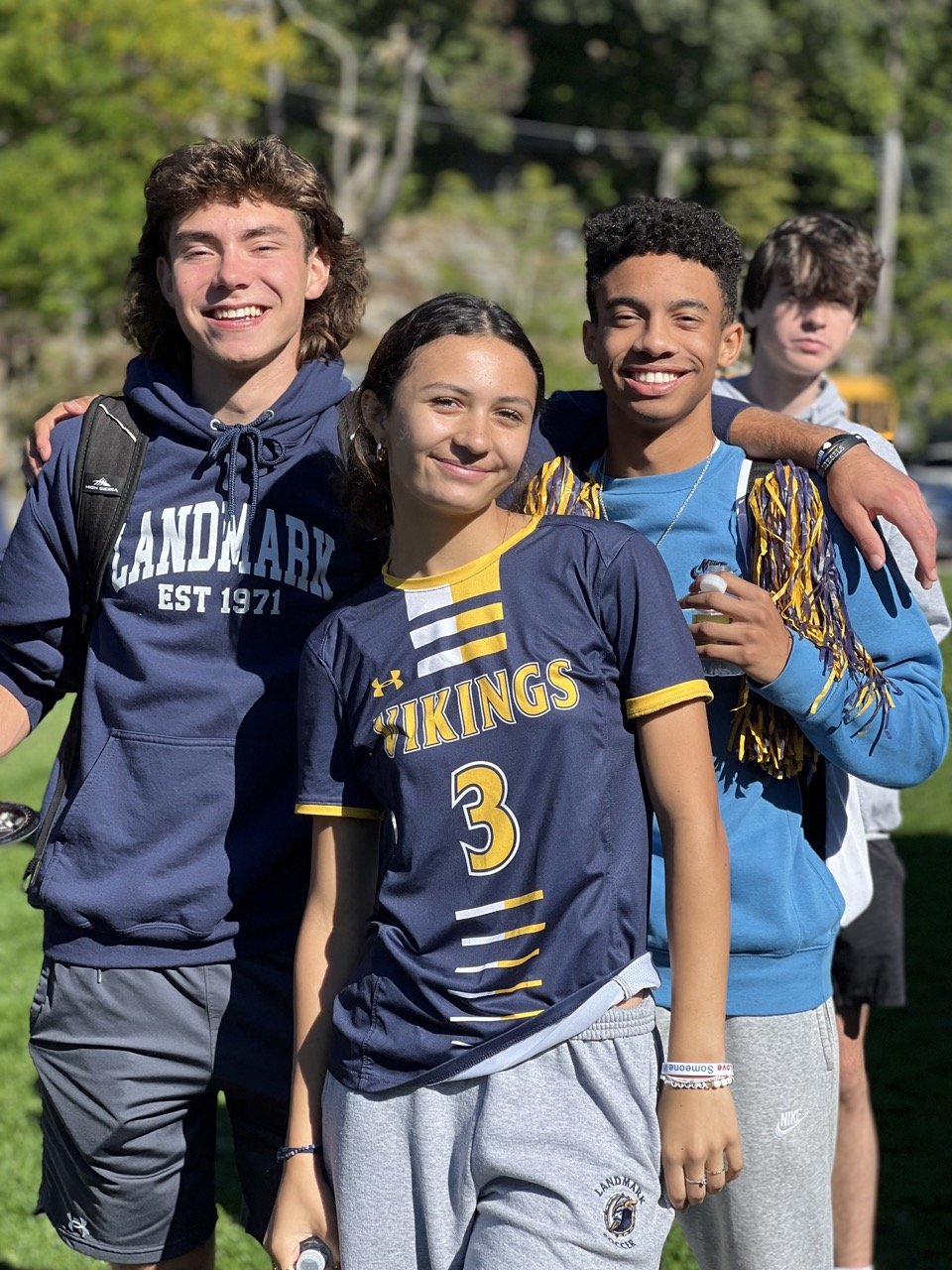- Our School
- Our Advantage
- Admission
- Elementary•Middle School
- High School
- Summer
- Giving
- Parent Resources
- For Educators
- Alumni
« Back
When Parents and Schools Disagree: A Roadmap for Resolving Special Education Disputes
December 12th, 2024
As parents, we all want what’s best for our children, especially when it comes to their education. Most of the time, parents and schools are on the same page about a child’s services and placement. When there’s agreement, parents sign the Individualized Education Program (IEP), and the services begin.
But what happens when you and the school district have different ideas about your child’s needs? Rejecting an IEP can feel overwhelming, but there’s a clear process in place to help resolve disagreements under the Individuals with Disabilities Education Act (IDEA).
Here’s a roadmap to guide you through the steps for resolving special education disputes:
Note that states may also layer in other options (facilitated IEP meetings, settlement conferences, advisory opinions, etc.) that are beyond the scope of this post.
Step 1: Mediation
Mediation is often the first step for resolving disagreements. Either you or the school district can request it, but both sides must agree to participate since mediation is voluntary.
- How It Works: A neutral mediator—paid for by the state—meets with you and school representatives to facilitate a discussion. The goal is to find common ground and reach an agreement.
- Why It Helps: Mediation is confidential, relatively quick, and flexible. Sessions are typically scheduled within a few weeks and often last just a few hours.
- The Outcome: If you and the school district reach an agreement, it becomes a binding contract.
Step 2: Resolution Session
If mediation doesn’t work or isn’t requested, the next step is a resolution session. This is required if either party requests a formal hearing.
- What It Involves: The school district must schedule a meeting to try to resolve the dispute. Think of it as a “last chance” to avoid moving forward to a hearing.
- Similarities to Mediation: Like mediation, any agreement reached during a resolution session is legally binding. However, there’s no third-party mediator involved.
Step 3: Administrative Hearing
When no agreement can be reached, a formal hearing becomes the final option. This is a legal process overseen by a state-appointed Hearing Officer or Administrative Law Judge.
What to Expect:
- Pre-Hearing Conference: Before the hearing, there’s typically a conference where both parties may try once more to settle.
- The Hearing Itself: If it proceeds, the hearing can last any number of days depending on the complexity of the case. Both sides present evidence and call witnesses, such as teachers, experts, or parents.
- The Decision: After hearing all the evidence, the Hearing Officer issues a binding decision.
- The Timeline: From the filing of a hearing request, the process is supposed to be completed within 45 days. However, be aware that postponements frequently extend that timeline significantly.
Preparing for the Process
Negotiation Is Key: At every step, being prepared to negotiate can lead to a resolution. The vast majority of disagreements are resolved before they reach the hearing stage.
Consider Legal Help: If the dispute escalates, having an attorney experienced in special education law can provide valuable guidance and advocacy.
Takeaway: Most Disputes Can Be Resolved
It’s important to remember that most disagreements between parents and schools don’t end in formal hearings. Mediation, resolution sessions, and conversations can often bridge the gap and help you find a solution that works for your child.
When disagreements arise, stay patient and informed. Understanding the steps and resources available to you under IDEA can make the process smoother and help you secure an appropriate outcome for your child.
About the Author
Dan Ahearn practices disability, special education, education, and children’s law. He has taught a Children and Disability law course at Suffolk University Law School and has taught legal research and writing in the first-year writing program at Boston University School of Law. He has also counseled law students in Harvard Law School’s Bernard Koteen Office of Public Interest Advising. Additionally, Dan serves as Landmark School’s in-house legal counsel and was the Assistant Head of School for several years. He has chaired the Massachusetts Continuing Legal Education (MCLE) Special Education Update, Bureau of Special Education Appeals Mock Hearing, Bullying and Harassment, and School Law Basics seminars. He continues to write and edit the Special Education Law chapter of the MCLE Massachusetts School Law publication. Dan currently represents children in state custody in complex multi-agency cases through the Educational Surrogate Parent Program. Dan is a past director of the Massachusetts Bureau of Special Education Appeals and has been a senior attorney at the Disability Law Center and the Massachusetts Department of Mental Health.

Posted in the category Learning Disabilities.








.jpg?v=1652115432307)











